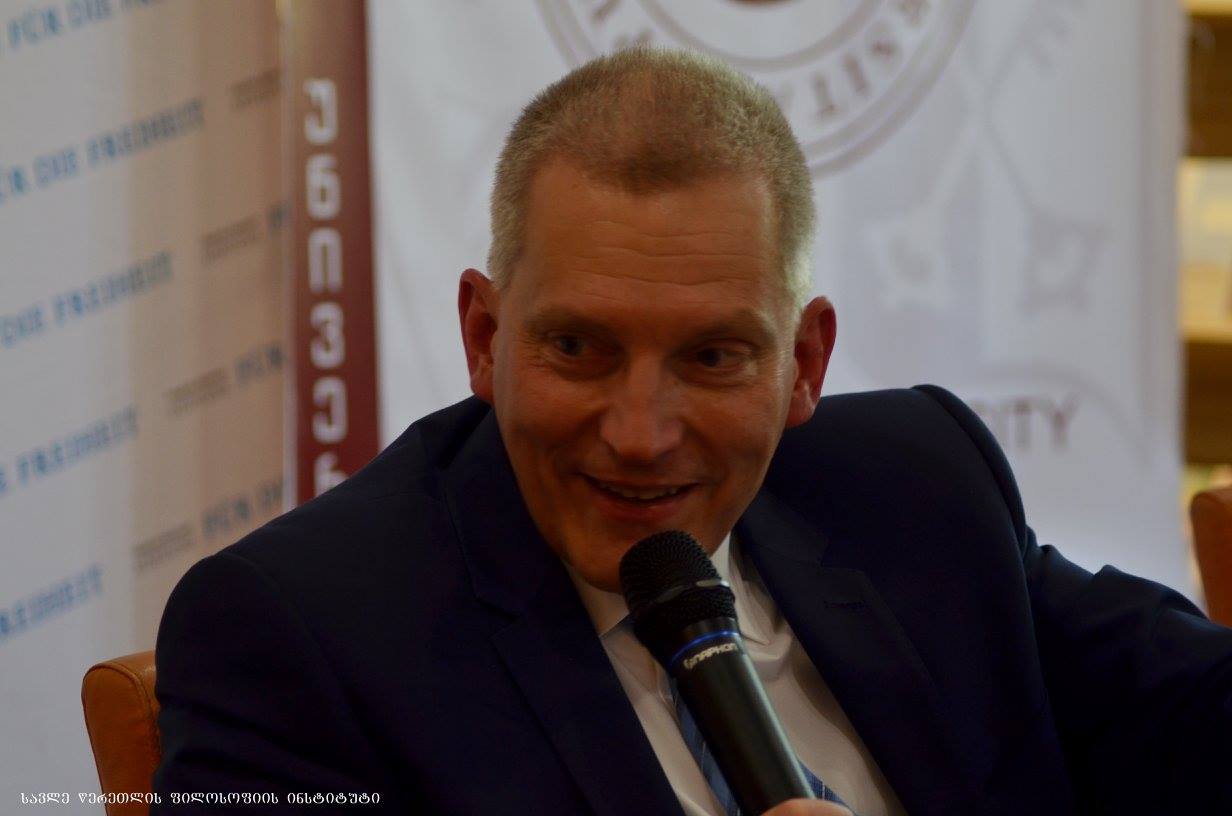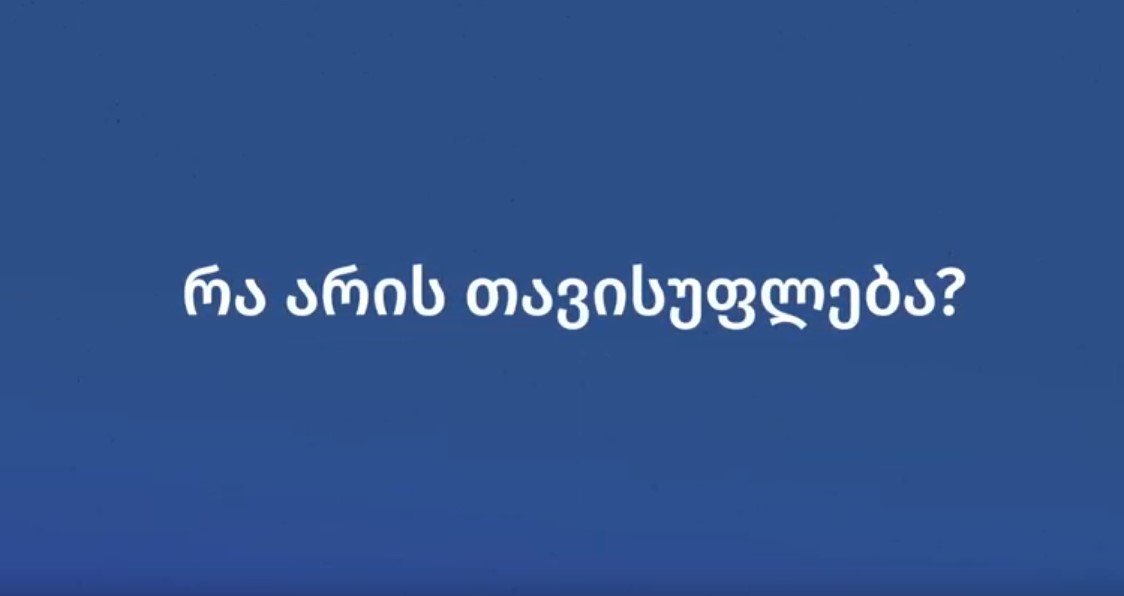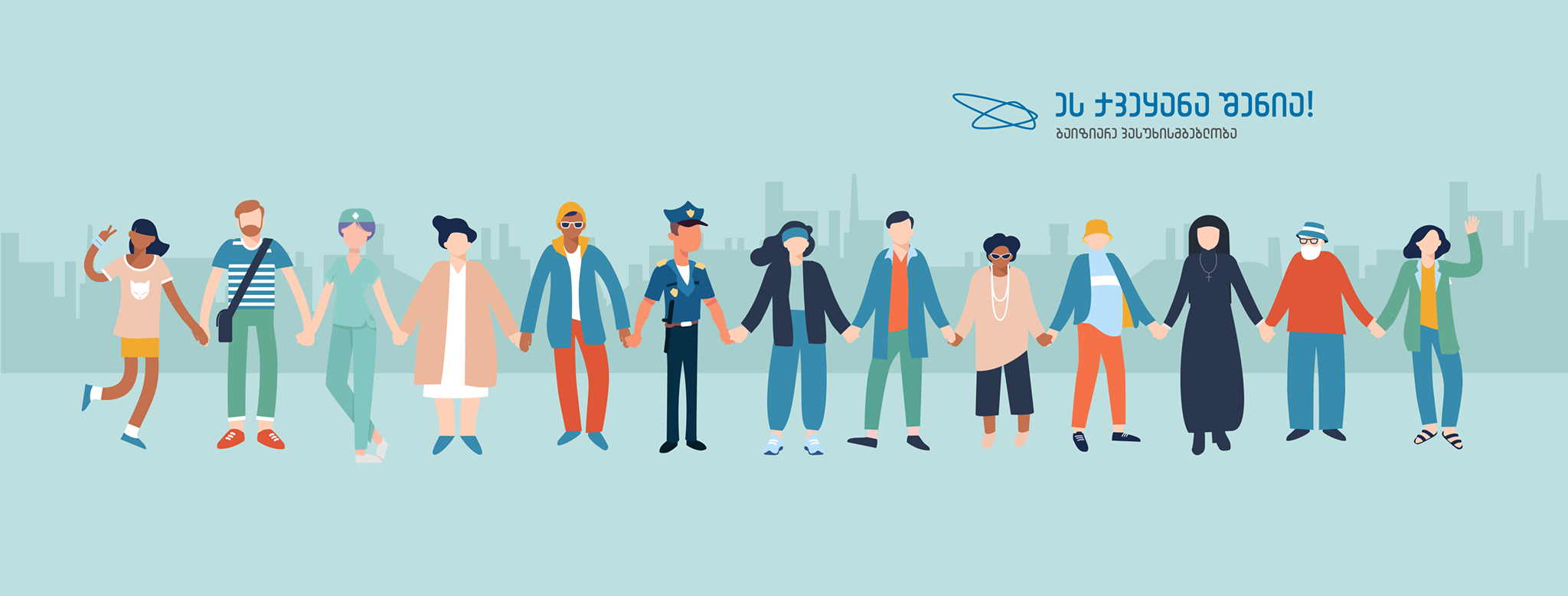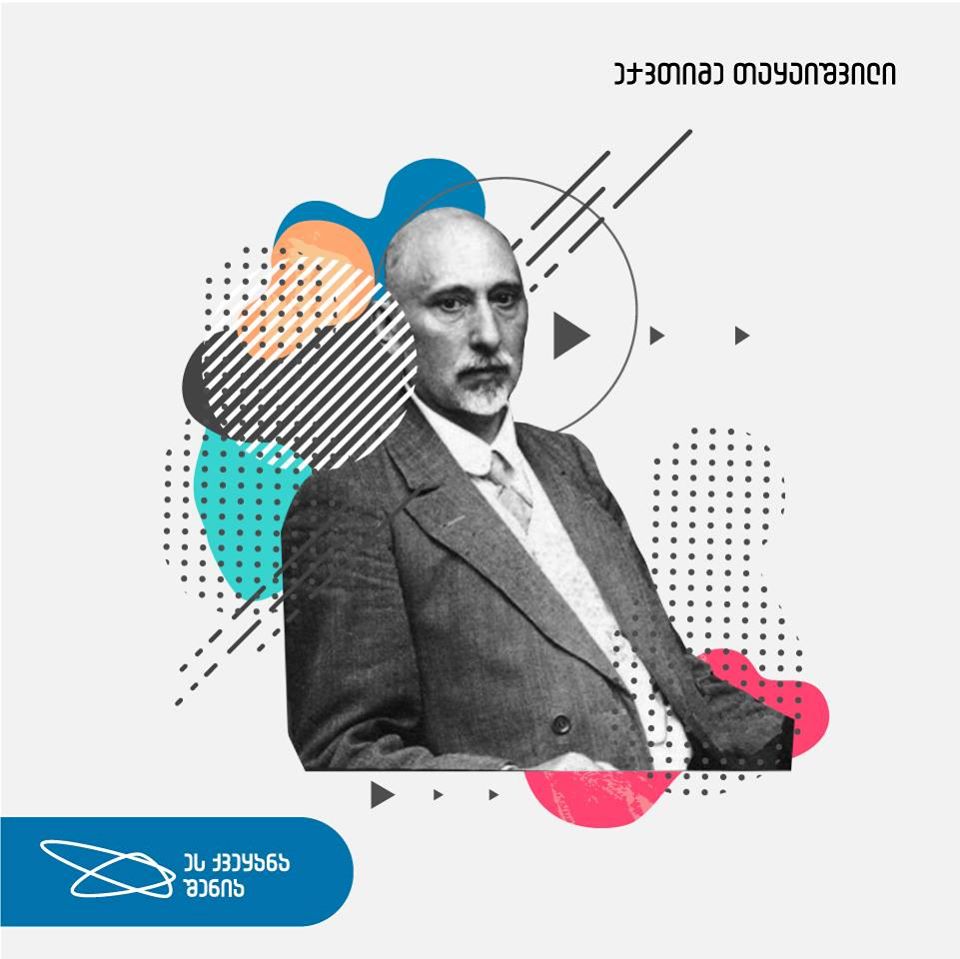Achievement and Challenges of Civil Society...
Popular





We interviewed on these topics the EU representative in Georgia, Mr. Oliver Reisner.
Interviewed by LaliShalvashvili
Mr. Reisner, the term 'civil society' is a subject of long-term discussions, what would your interpretation be?
Oliver Reisner – Civil society is a collective actor and collective player. It is different in various countries in view of the states and specifics of the society. Key idea is that it is an intermediary between the state and citizens in the face of civil society organizations (CSOs), associations, and labor unions. It enables citizens to express their opinions or to be actively involved in various areas - be it religious associations, labor unions, environment protection or any other field as appropriately chosen by citizens.
Therefore, CSO is a certain tool, means for the society to be involved in the activities of various areas and to voice its views to the authorities, or to be engaged in a dialogue?
Oliver Reisner – It is crucial that in the dialogue between the authorities and citizens the interests of only one group of society or elites are not represented. All society groups and strata must be engaged in the dialogue process.
You already mentioned that the civil varies by countries and there are many reasons to it. In your view, what has the civil society achieved in Georgia?
Oliver Reisner – In 1994, when I arrived in Georgia to collect my dissertation materials, there were few CSOs. This was plausible back then, because the Soviet system did not foresee the civil society as an independent actor and player at all. In 1994 it was still difficult to prevail over the Soviet legacy. Whereas today there are CSOs of different capacity operating in various fields. Level of their development and capacity varies by fields and regions, for instance, they are quite strong in environmental protection, locally strong in the social field, while not so strong in the policy development in this area. All of this is based on my experience, observations, and information obtained from various studies.
I believe we still do not know in substance where the civil society stands in Georgia, as various studies at our disposal examine individual sectors of development. One of the studies has demonstrated that today state institutions are rather strong, but the civil society is not as strong to be the part of equal dialogue. This is caused by various problems or reasons. In the first place, CSOs are not member-based, the organizations themselves are not accustomed to involving the citizens in their activities, while the citizens lack skills for being involved and expressing their views. The degree of participation is crucial. The population is engaged in Tbilisi more than in regions, where the resources are limited and citizens are only oriented on earning for living. We can see the difference between the development of CSOs by regions as well, evidenced by project proposals submitted for our competitions, i.e. which location submits more proposals. Adjara and Guria are active, while the rest of regions are less dynamic.
What is the reason behind different levels of development by regions? Also, you mentioned the lack of membership-based CSOs, why are not many organizations based on this model?
Oliver Reisner – It is necessary to engage more people. Yet, there are several reasons. One of them is that there is no such experience in Georgia. According to the widespread stereotype, the state and government must act and take care of citizens, and citizens must not take care of themselves. As if the "patron" will come and take care of everything on our behalf. This is linked to civil awareness. There are other reasons as well – socio-economic problems, because when the individual works for the whole day, the resources for being active are hard to find. There are people who would like to be engaged but they do not know where to go or lack self-organization skills. Back to the activities of the Society for Spreading the Literacy 100 years ago, the issue of membership was problematic. I wrote about this in my dissertation as well. In short, there are host of reasons, but I believe the civil society in Georgia is still under-studied. As already noted, there are studies but they examine separate areas and the attitudes and values of the civil society are not thoroughly studied.
Membership-based cooperations were set up at the outset of 20th Century, is that right? If we're not mistaken, your dissertation covered this issue as well?
Oliver Reisner – In the beginning of the 20th Century, cooperations were set up in the villages, which were oriented on solving the biggest issue of concern at the time - the form of society's self-organization. Large-scale movements were formed around the common problematic issue, and the overlapping interests of the elite and pheasants had its sufficient impact. The civil society was more active in the feudal environment than at the outset of 1990s, when protest or hunger rallies were the key forms of expression, because the society was not aware of other forms. In fact everything started from the scratch, and now there is a differentiated civil sector that grows gradually.
You already mentioned above that the specifics of the country and society determine a lot, so what else must be done?
Oliver Reisner – One of the key issues relates to values. CSOs may be based on different values and there may be a clash of values among them, but it is crucial to introduce mechanisms, which ensure the dialogue. For instance, today the religion is strong, what does it mean in practice, etc. This and other topics must be thoroughly covered by media. Obviously, when we talk about dialogue all members of the civil society should enjoy the possibility of participation. The society will strengthen through overcoming the conflicts and achieving the consensuses during the clash of values.
Mr. Reisner, what are the three key values that the civil society should be based on?
Oliver Reisner – Civil society must be patient and tolerant, it must bear high degree of responsibility not only before the family and relatives, but before the village, community, municipality, city, and the country. This should be done not only by talking but doing actual work. The third and equally important is the citizen participation, without which the civil society cannot function.









